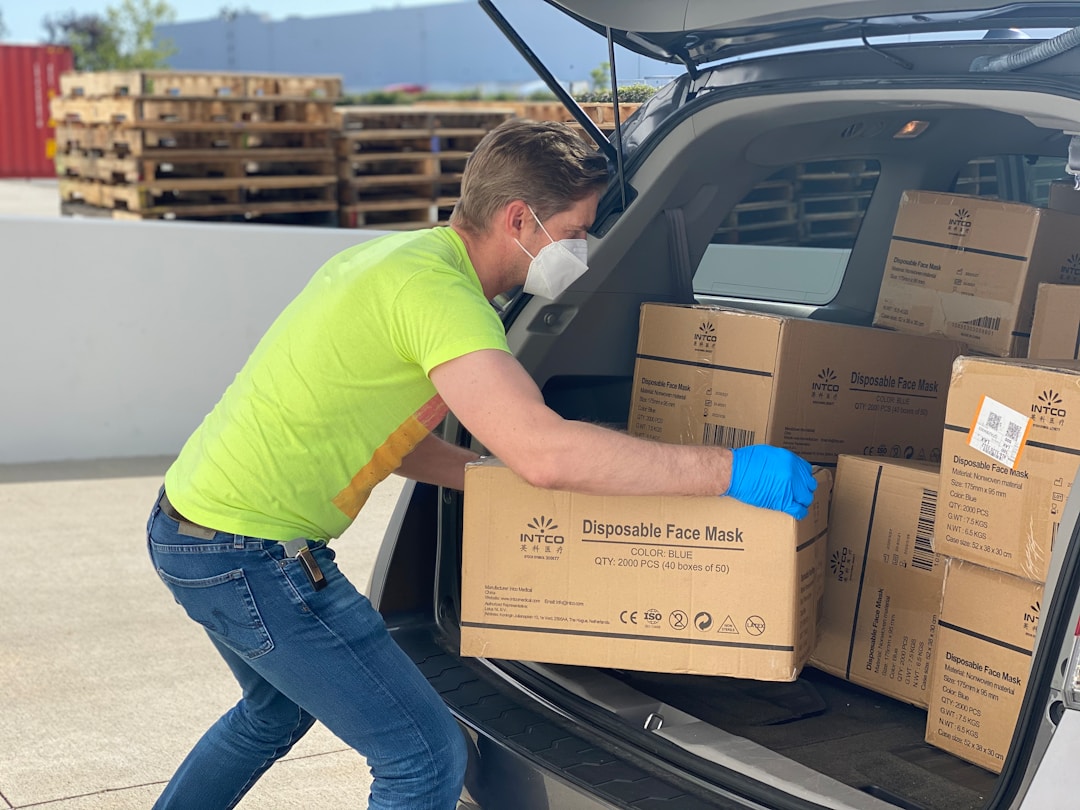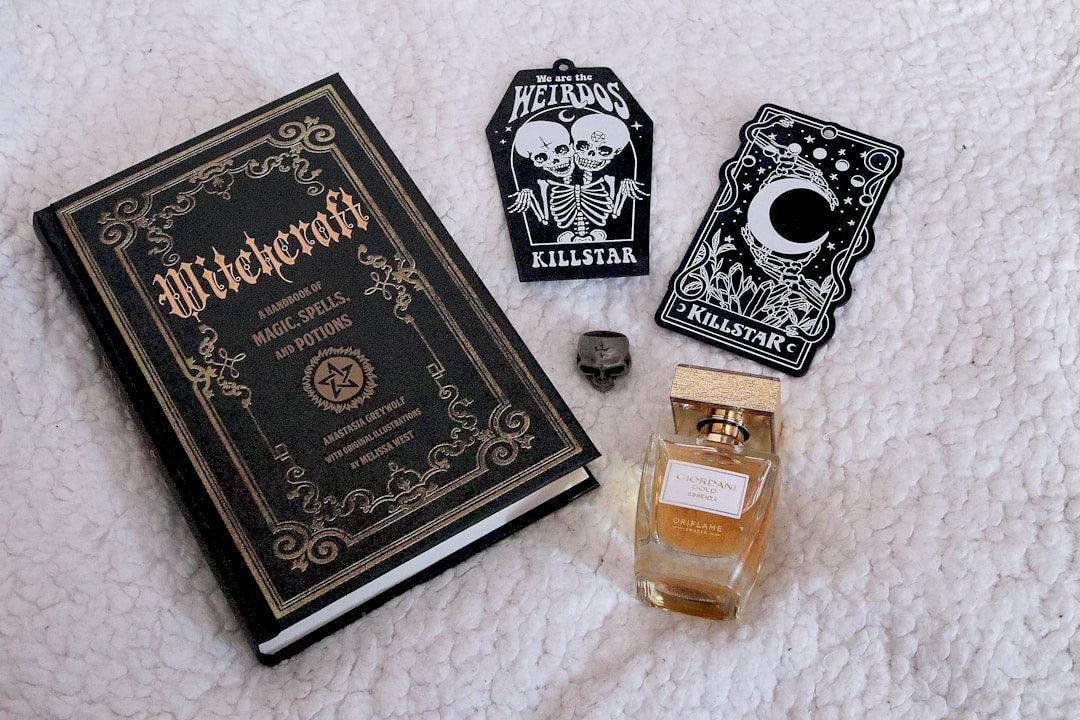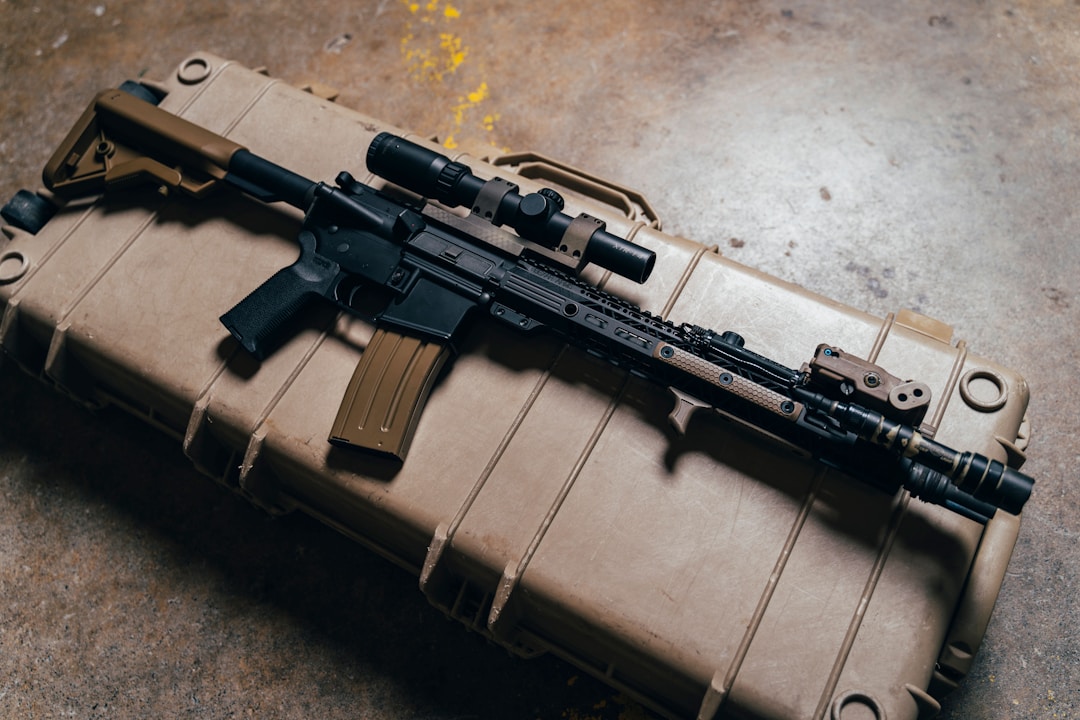The manufacturing industry processes prepare or fabricate raw materials to produce goods. Materials may be altered or combined with other materials to create a new product or cleaned and packaged. Materials can be altered by manufacturing employees, machines, or both. Manufacturing uses a wide range of raw materials, including lumber, food, and chemicals.
This industry is divided into multiple sectors, including the pharmaceutical, automotive, and electronics industries. Some sectors produce sensitive products. Sensitive products include items it’s difficult to import or export, goods made with hazardous materials, unique products, and dangerous or valuable merchandise it’s challenging to transport and secure. The manufacturing industry uses several strategies to handle sensitive products.
Packaging

Manufacturers can establish a smooth operation by introducing auto adjusting case erectors to their setup. Case erectors break open cases. The erector bends the cases, folds the flaps, and uses an adhesive system that’s part of its bottom sealer to secure the square cases. Case ejectors are robotic machines that can evaluate their work to position major flaps correctly, ensure standard features, such as case width, comply with the case design specifications, and secure all flaps with appropriate case sealers. They efficiently produce standard and heavy-duty storage cases, enabling manufacturers to save time and money. These case erectors play a crucial role in the product line.
Importing and Exporting

Retailers and manufacturers face challenges when importing import-sensitive products, such as softwood lumber. These items may be subject to tariffs due to trade agreements. Countries typically impose tariffs on items that compete with one of their domestic industries. The manufacturing industry must complete appropriate paperwork, pay applicable tariffs, and comply with any import requirements to secure these materials from other countries or ship products made with restricted materials to other nations. Business attorneys review applicable regulations to ensure their business transactions meet the legal requirements for import or export.
Hazardous Products
Products made with hazardous materials can be challenging to store and transport. Hazardous materials are secured safely in appropriate containers marked with warning symbols to indicate if the contents are poisonous, flammable, explosive, corrosive, or pressurized. Hazardous materials are also marked if exposure poses a health risk. Implementing an effective labeling process protects employees from exposure by ensuring they wear and use safety equipment and Store goods appropriately.
Unique Products

Social conventions can make it challenging to produce, store, and transport some unique items. For example, organizations such as People for the Ethical Treatment of Animals (PETA) may try to keep materials and goods from reaching their intended destination. Manufacturers may implement extra security measures to protect animal-based products. When necessary, the industry can use decoy vehicles or dispense misinformation to prevent activists from identifying factories where unique products are produced and stored.
Unique products also include goods used for distinct purposes and merchandise that may have a limited shelf life. For example, incense sticks should be secured in a dark, moisture-free environment. Securing incense sticks and candles in airtight containers or packaging will prolong their lives and ensure that their fragrance is preserved for consumers. Wiccans and practicing witches may use incense, candles, crystals, and herbs to perform rituals or create spells. Manufacturers sending supplies to a witchcraft store may need special steps to ensure the merchandise is stored safely.
Dangerous Merchandise

Special handling, transport, and storage protocols apply to merchandise made from dangerous materials. Dangerous merchandise also includes products that can be used to cause harm, such as weapons and ammunition. For example, military weapons are guarded and transported in military vehicles. The International Traffic in Arms Regulations (ITAR) enforces the Arms Export Control Act to ensure arms sales are approved and comply with applicable laws.
Valuable Merchandise

Valuable merchandise includes products made from rare materials or items that are in high demand. Manufacturers may transport valuable products in armored vehicles protected by armed guards or store them in a vault or secured storage area.
Sensitive products include several items, including regulated, hazardous, unique, dangerous, or valuable goods. The nature of the materials used to produce sensitive products, and their purpose may require manufacturers to follow regulations or implement safety protocols to secure these sensitive products.

